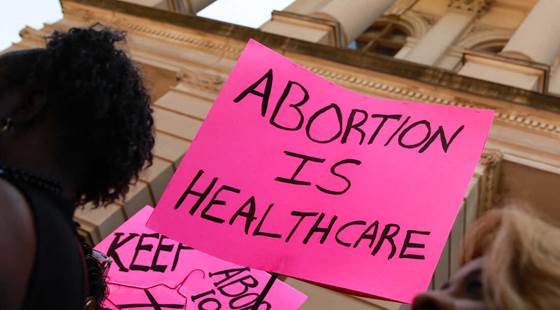Free Courses Sale ends Soon, Get It Now


Free Courses Sale ends Soon, Get It Now



Copyright infringement not intended
In News
Abortions law in India
Concern
https://indianexpress.com/article/explained/explained-abortion-laws-around-the-world-7991798/
https://t.me/+hJqMV1O0se03Njk9
© 2024 iasgyan. All right reserved